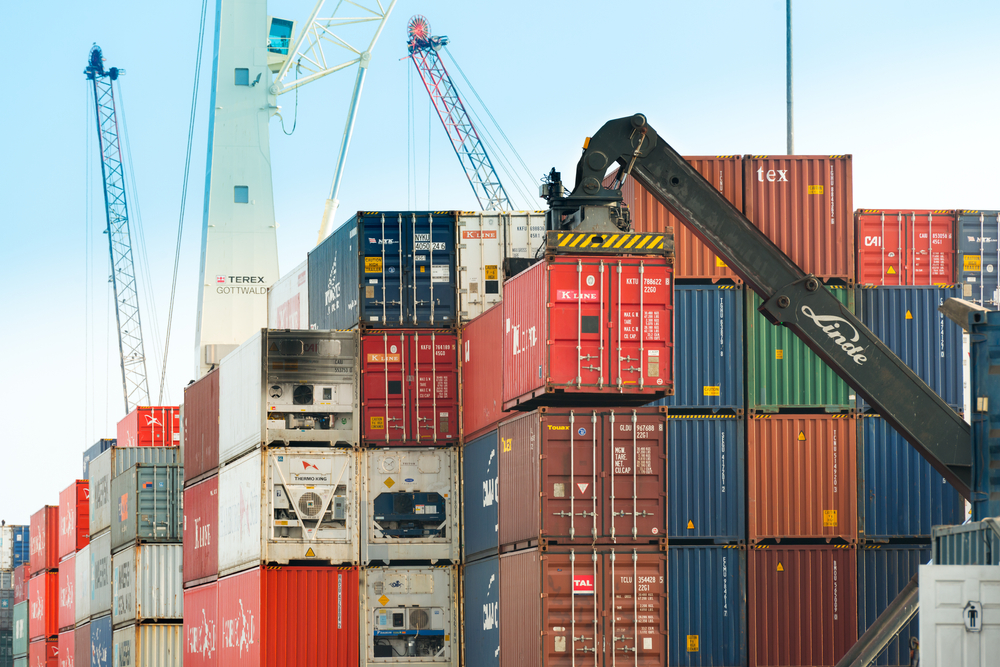Joining the Trans-Pacific Partnership (TPP) has been a thorny issue for Chile’s ruling coalition.
President Gabriel Boric has been a critic of the agreement in the past, and the deal was certainly not a part of his campaign platform. But his government’s turn to the center after the landslide defeat of the proposed new constitution led the president to greenlight discussion of the TPP in the Senate, whose approval was pending for Chile to ratify its adherence.
The bill passed by 27 votes to 10 on October 11, with a majority of votes coming from right-wing representatives, while the center and the center-left was divided.
Now, only a presidential signature is needed for Chile to join Japan, Australia, Canada, Mexico, Peru, Malaysia, Vietnam, New Zealand, Singapore, and Brunei in a trade alliance that eliminates tariffs and agrees to rules on intellectual property, sanitary measures, rules for state-owned companies, and more.
The signatory countries are home to 500 million people and account for 12 percent of global GDP, and local proponents believe it could open new markets for Chile’s most competitive exports.
“No treaty has been victim to more disinformation attacks than this one over the last few years. Our honey and our salmon will now be sold abroad with little to no tariffs, and this will broaden our basket of exports. This is the most progressive deal in our history, but a lot of ideological posturing has clouded the fact that it contributes...


 Search
Search






































